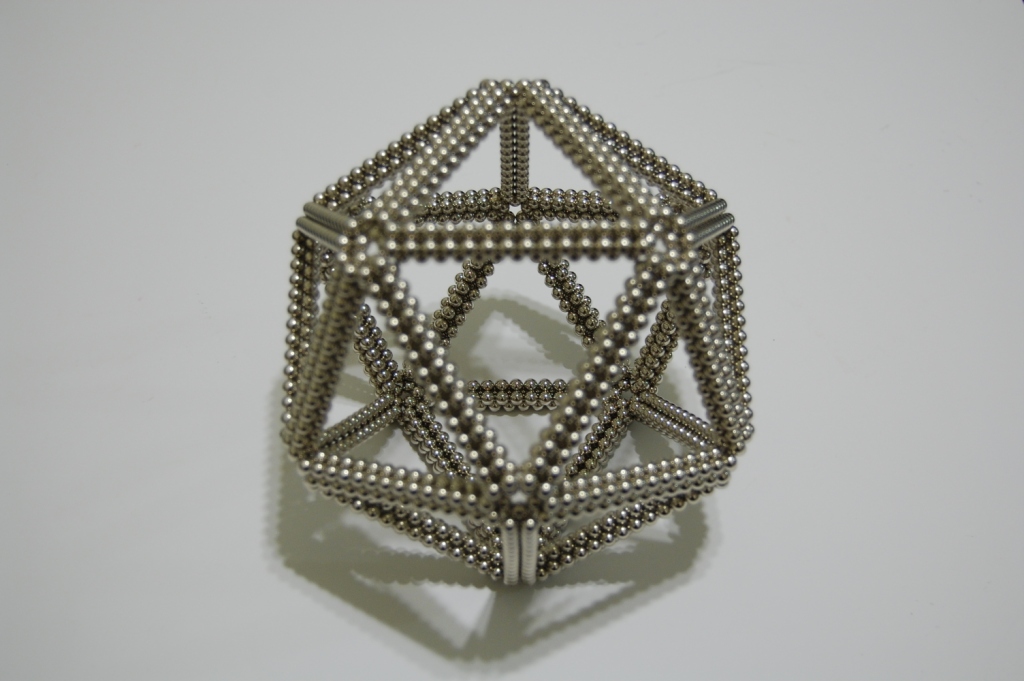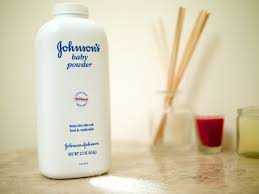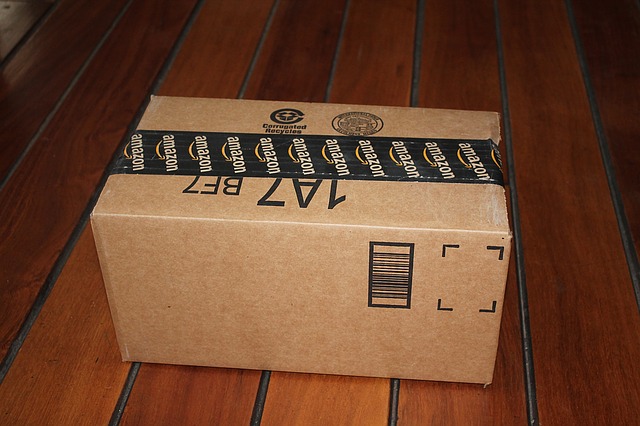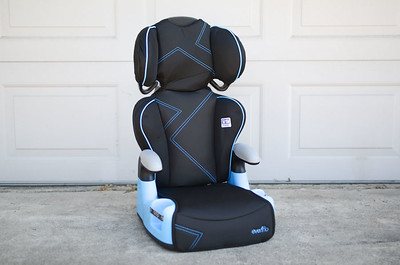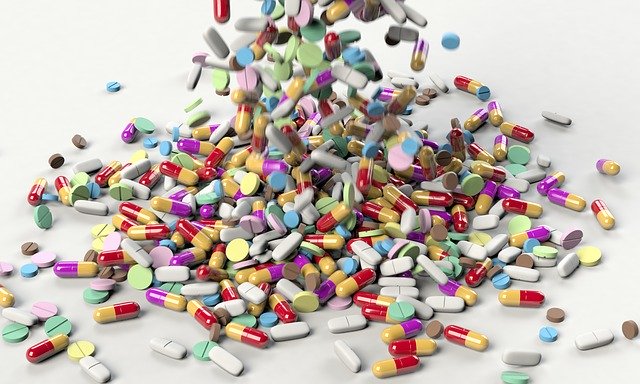Original Rhino pill maker sentenced to 4 years in prison for smuggling erectile dysfunction drugs sold as herbal supplements
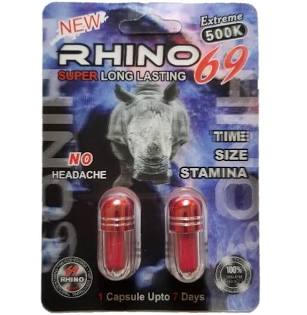 Rhino Pills and other herbal sex supplements for men often contain hidden ingredients that have caused injuries and even, in rare cases death to consumers. These types of supplements can still be found at many gas stations around the country, at Walmart and on Amazon despite multiple FDA warnings and the original manufacturer of the Rhino pill being sentenced yesterday to 4 years in prison.
Rhino Pills and other herbal sex supplements for men often contain hidden ingredients that have caused injuries and even, in rare cases death to consumers. These types of supplements can still be found at many gas stations around the country, at Walmart and on Amazon despite multiple FDA warnings and the original manufacturer of the Rhino pill being sentenced yesterday to 4 years in prison.
Nam Hyun Lee, an illegal immigrant from South Korea based in California got into the business of selling sex herbal supplements in 2015. His marketing was convincing with flashy Rhino labels and consumers quickly noticed that the supplements were actually working. Lee illegally spiked his herbal supplements with Sildenafil or Tadalafil, the drugs used in Viagra and Cialis. The drugs were illegally imported from China, packaged at warehouses in Southern California and shipped all over the country. Lee was caught when one of the drug packages sent under the description “acrylic paint” was seized by custom agents and tested positive for Sildenafil. He was arrested in 2018 and has been in federal custody since that date. It is estimated he sold between $3 million and $9 million of sex supplements.
While Lee has been convicted, other unscrupulous competitors quickly took over the market and continue to sell the Rhino brand name or other variations of sex herbal supplements. Gas stations, Walmart and Amazon still sell them despite multiple FDA warnings.
 New York Personal Injury Attorneys Blog
New York Personal Injury Attorneys Blog


